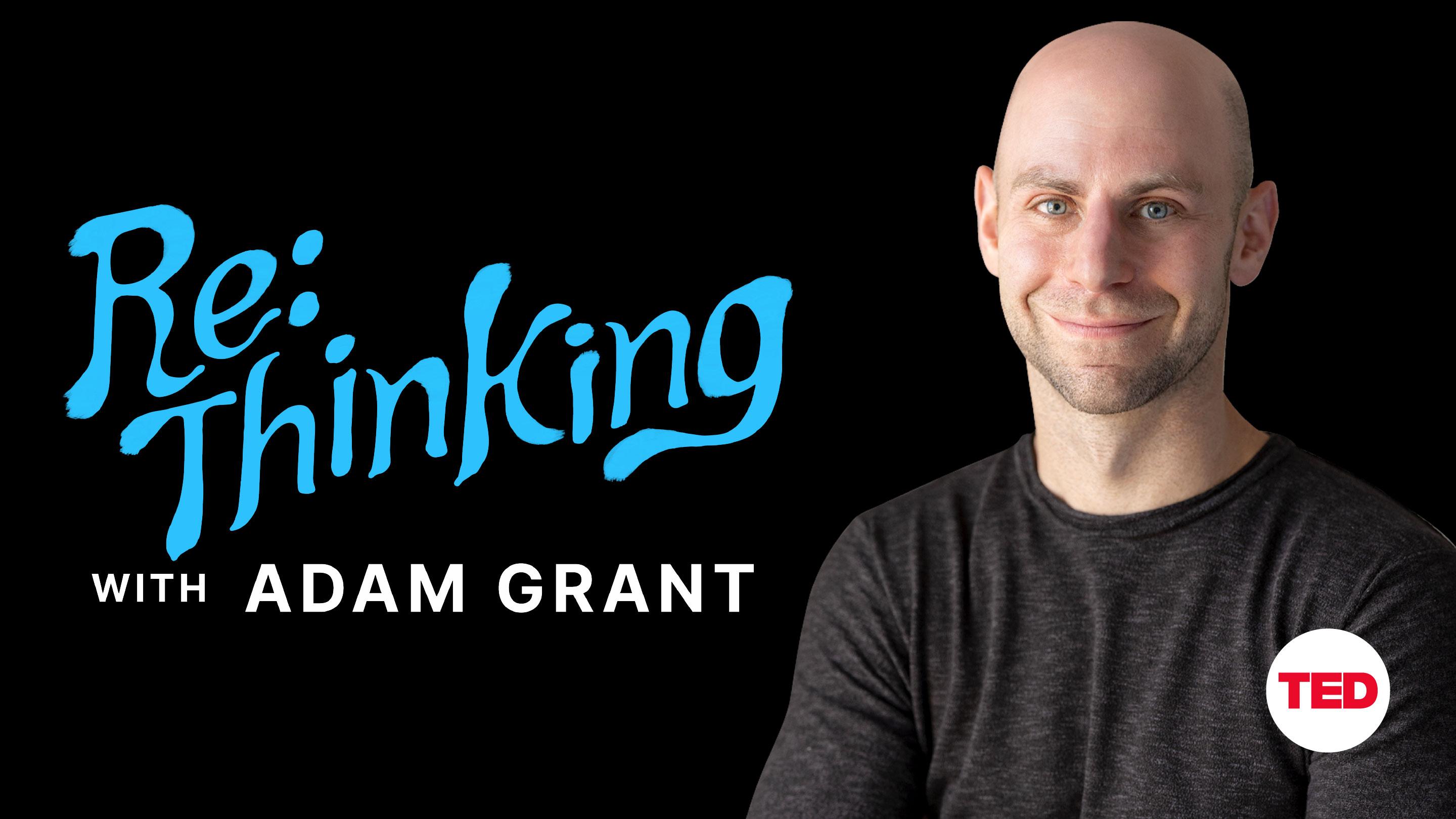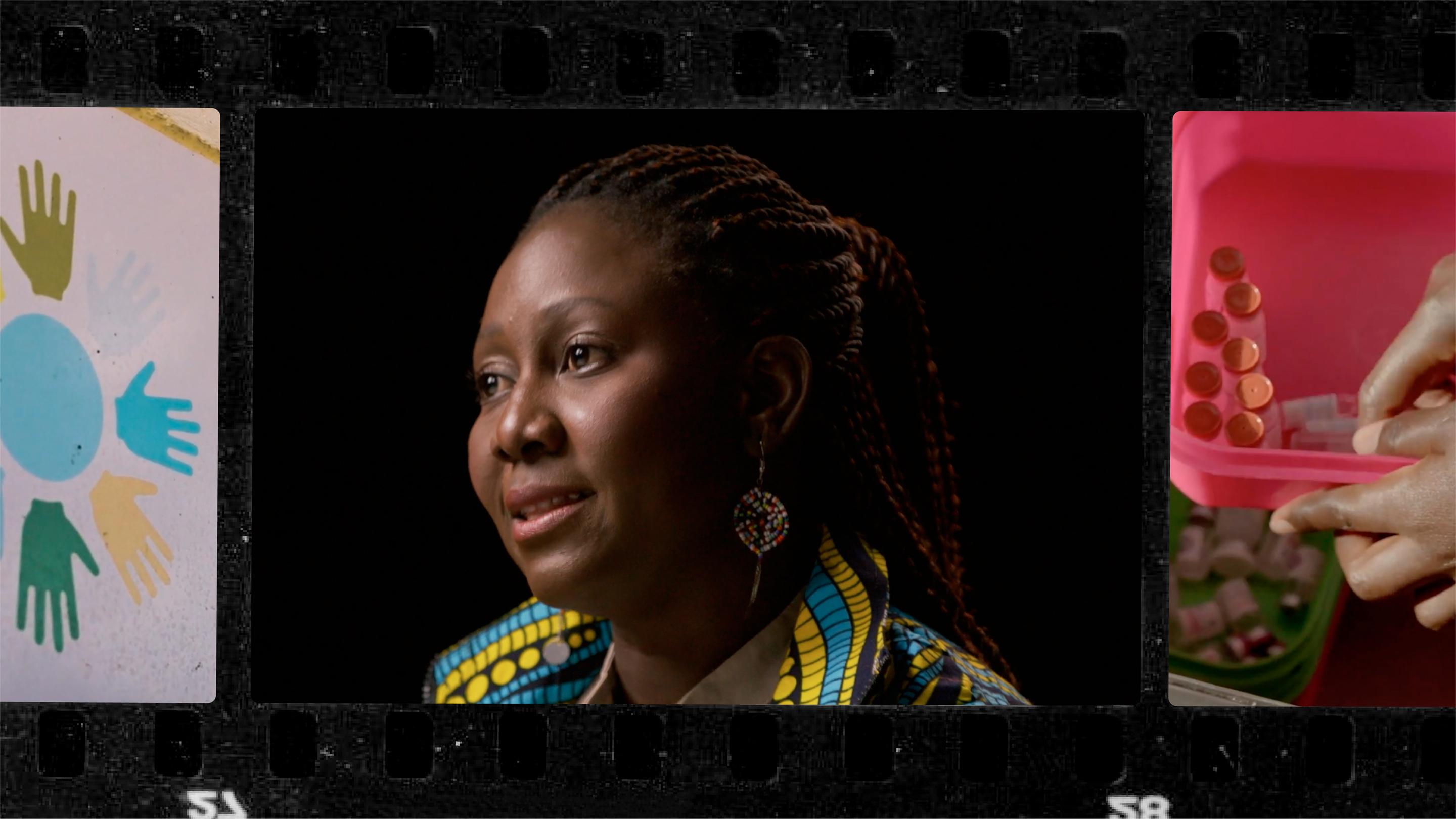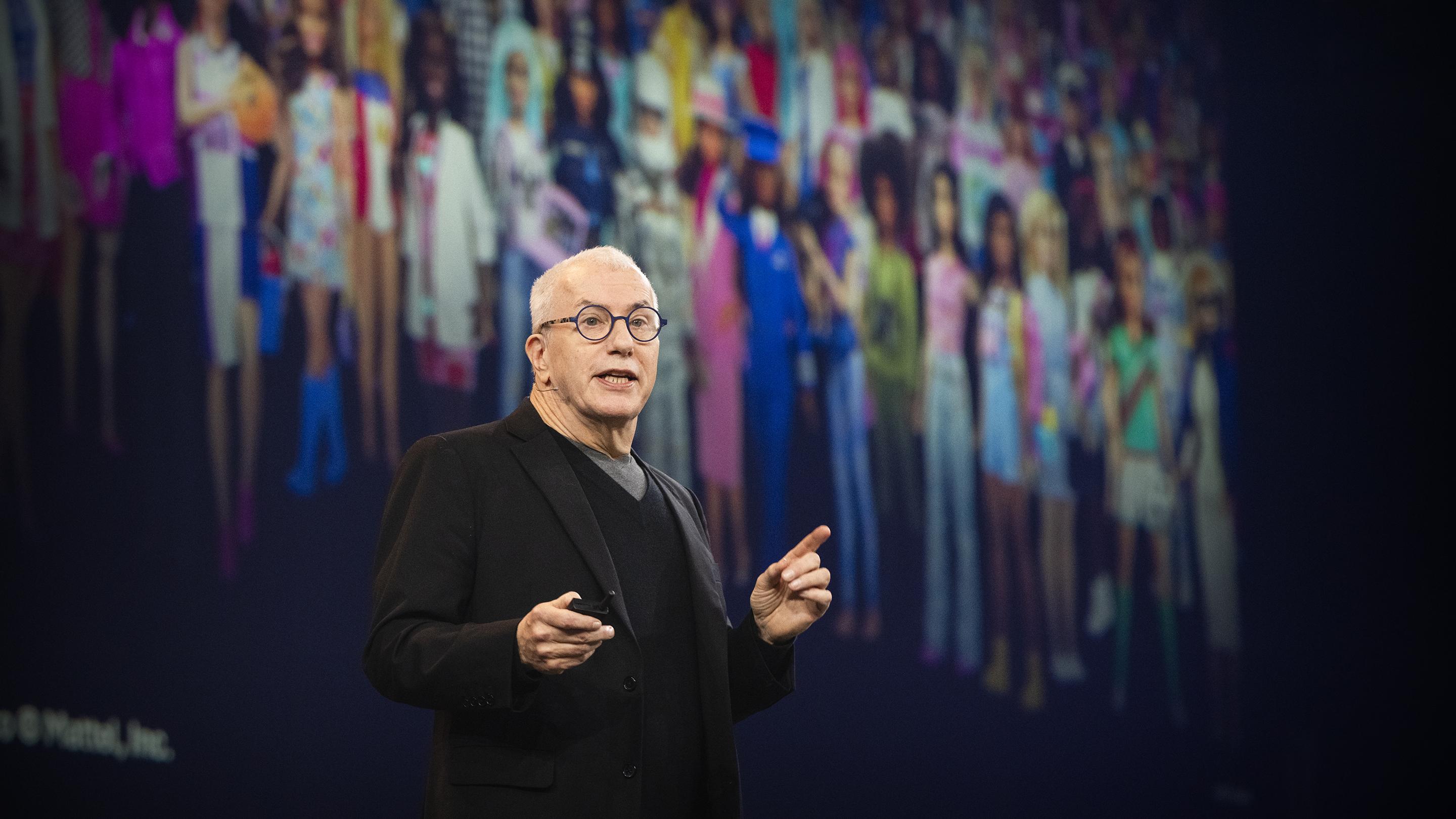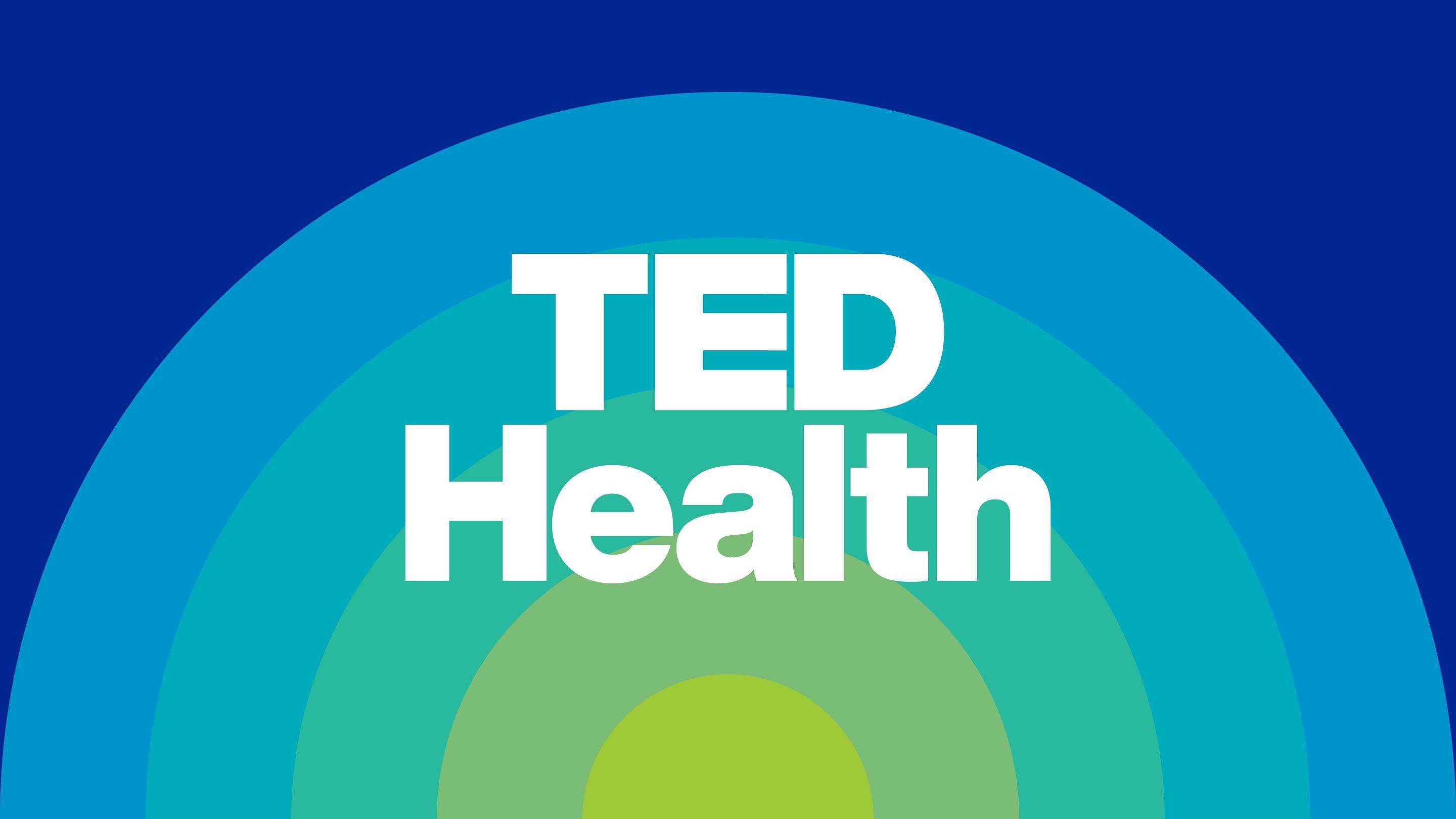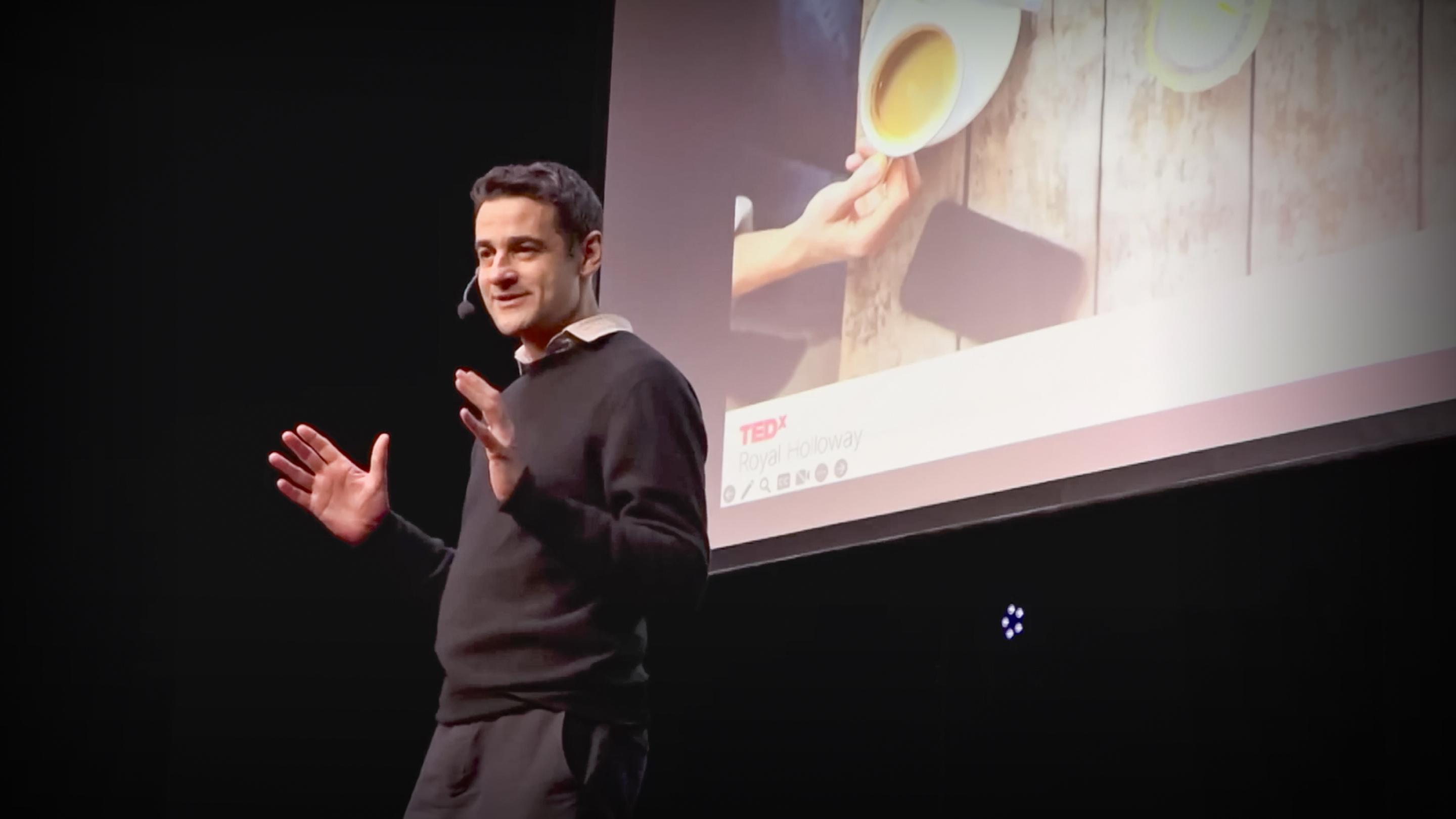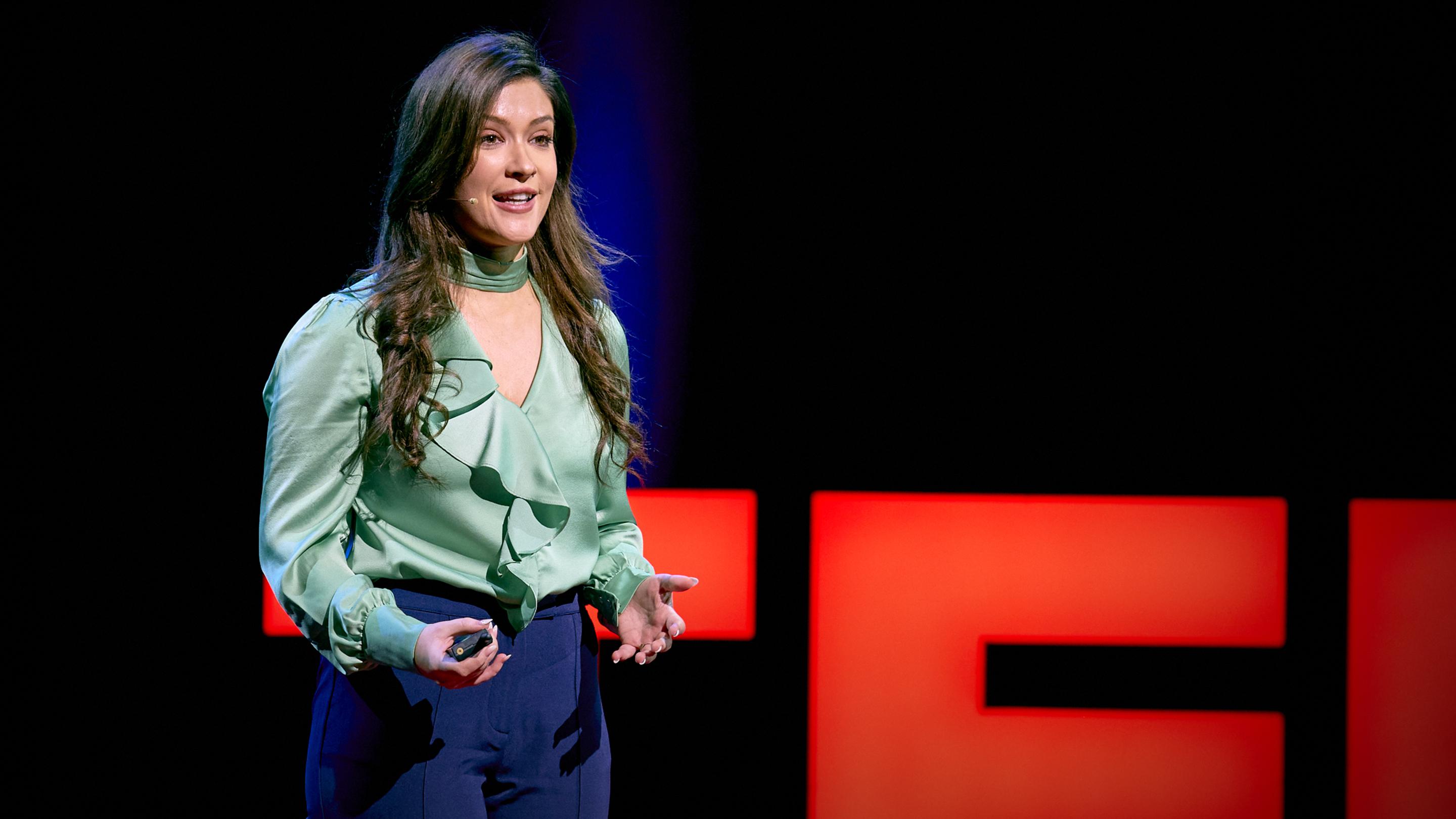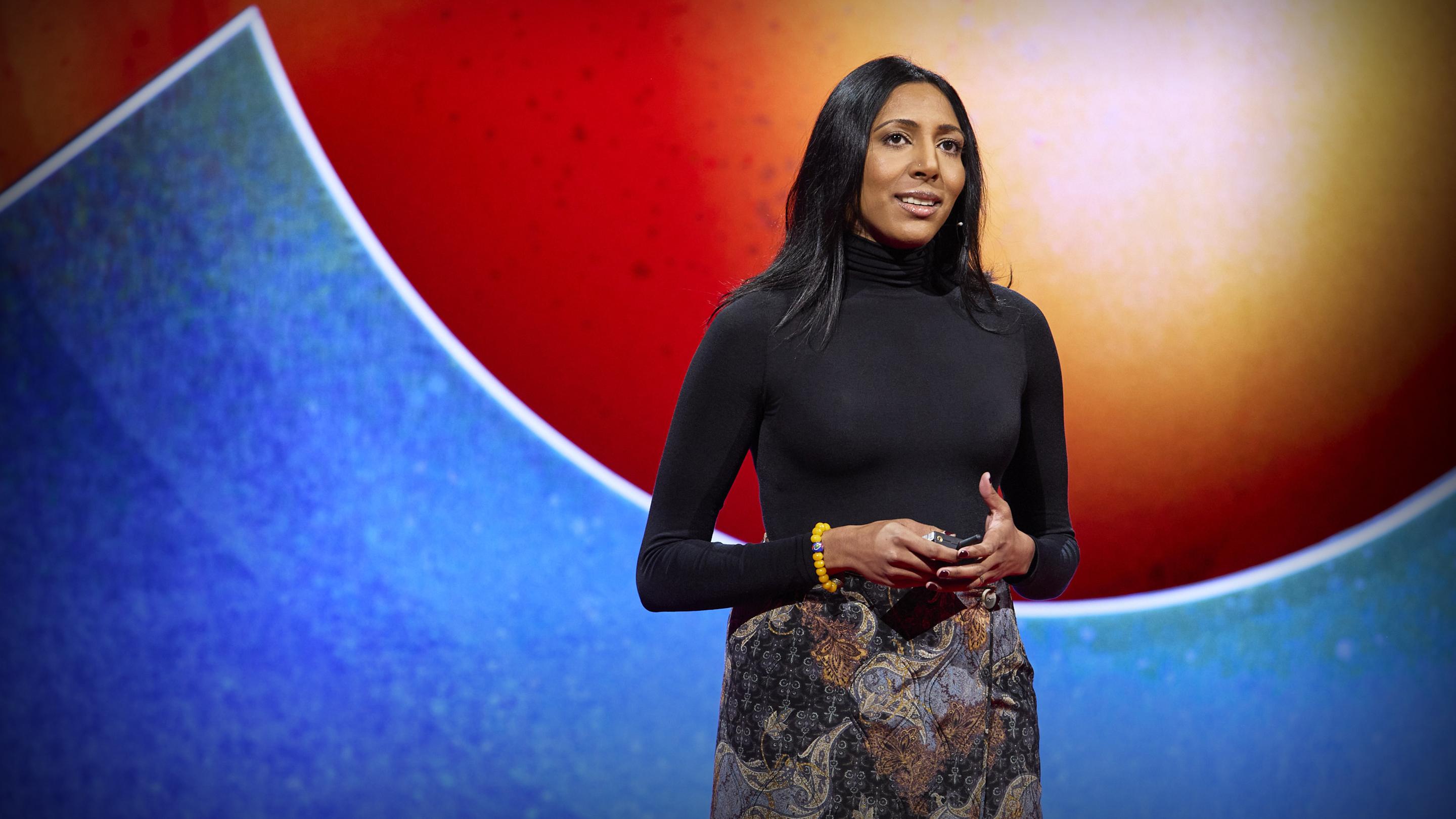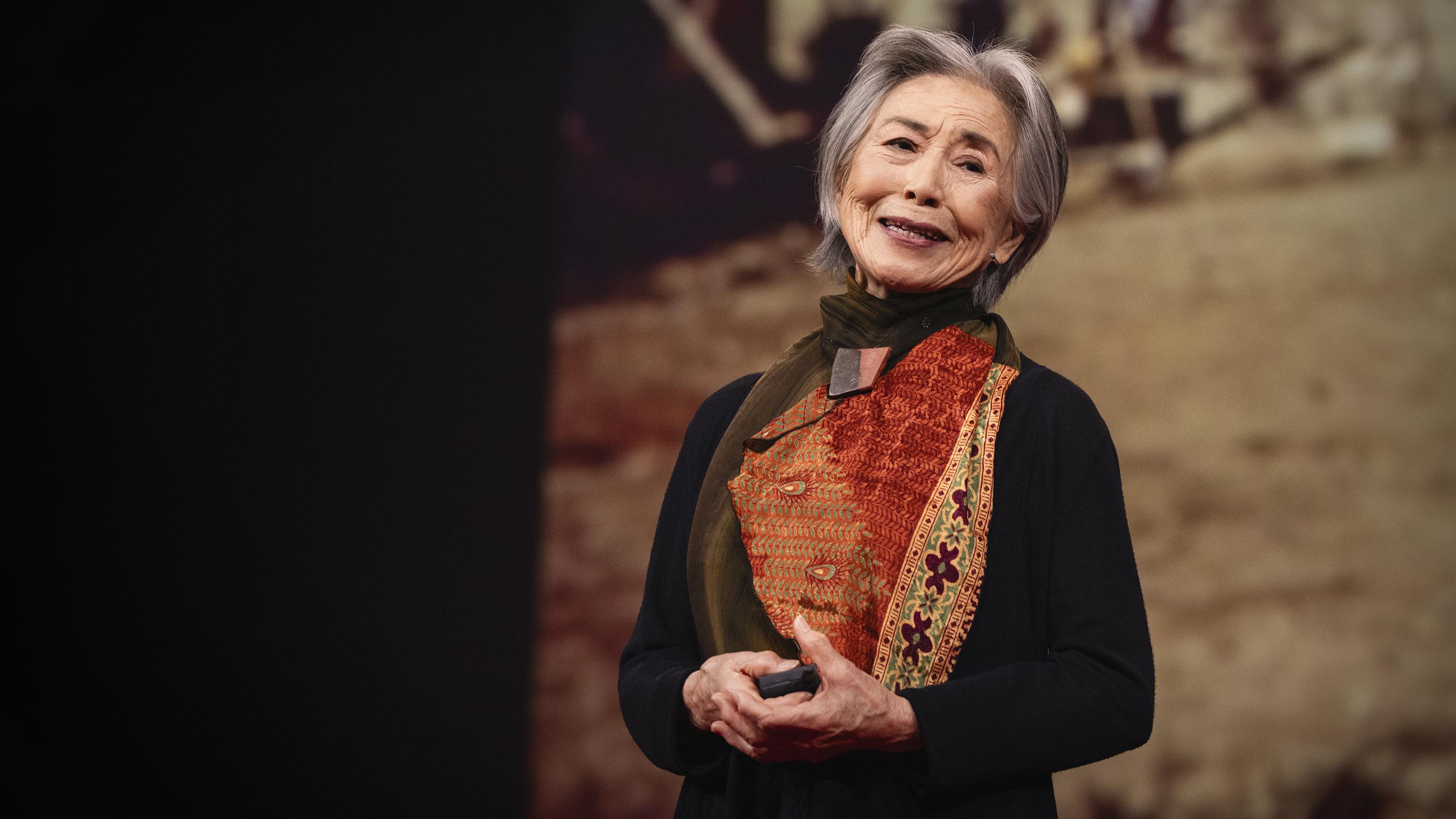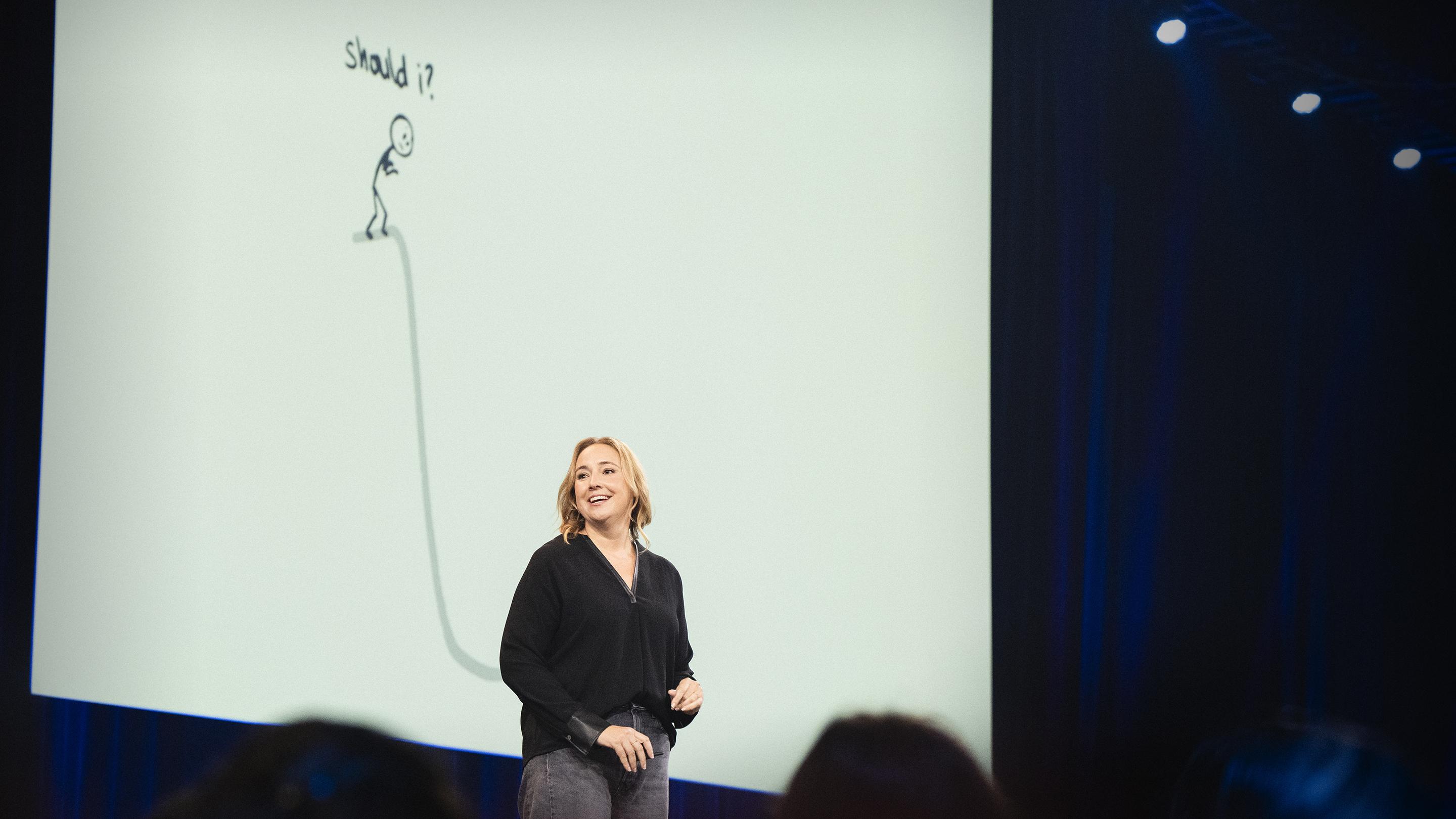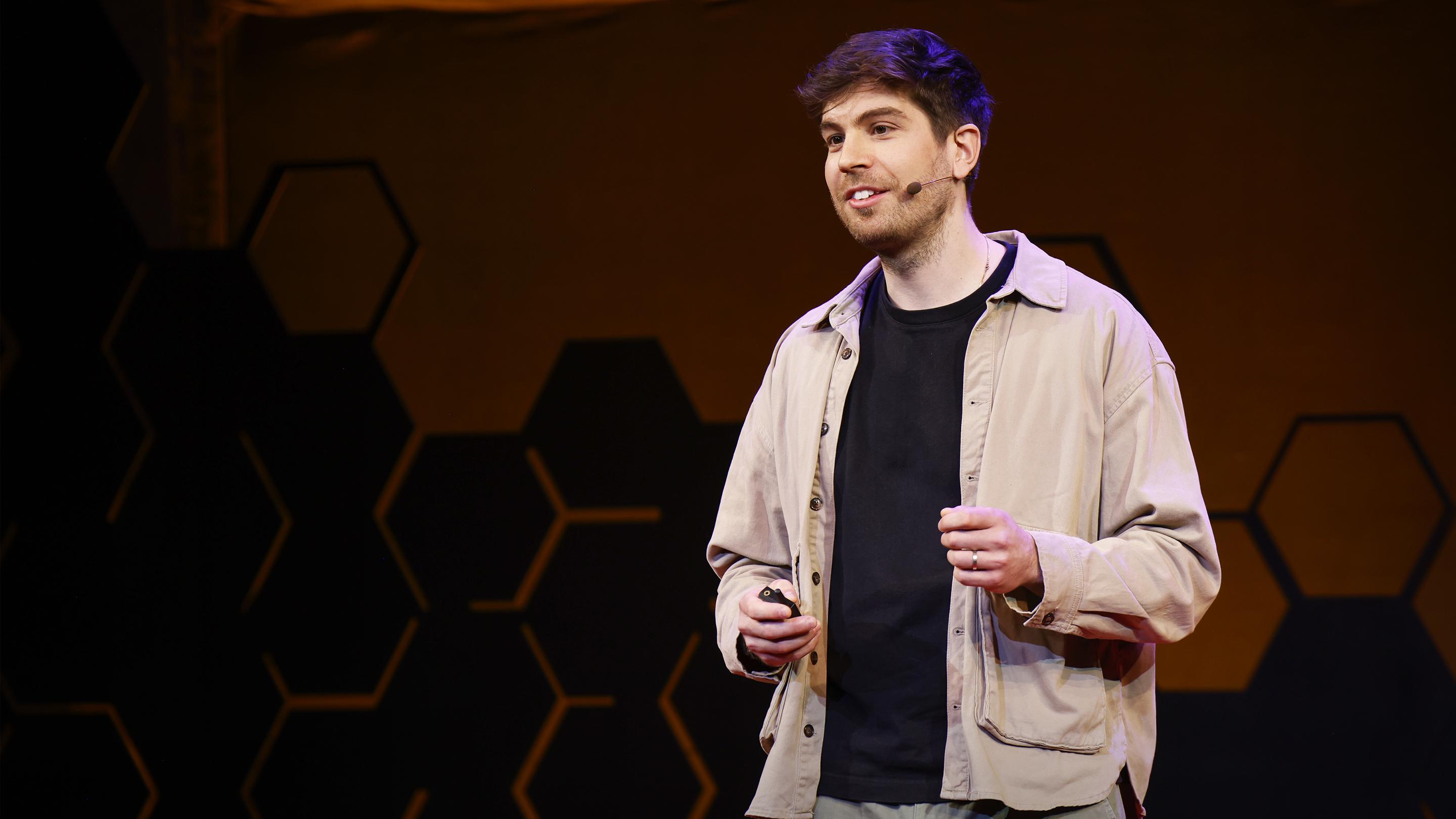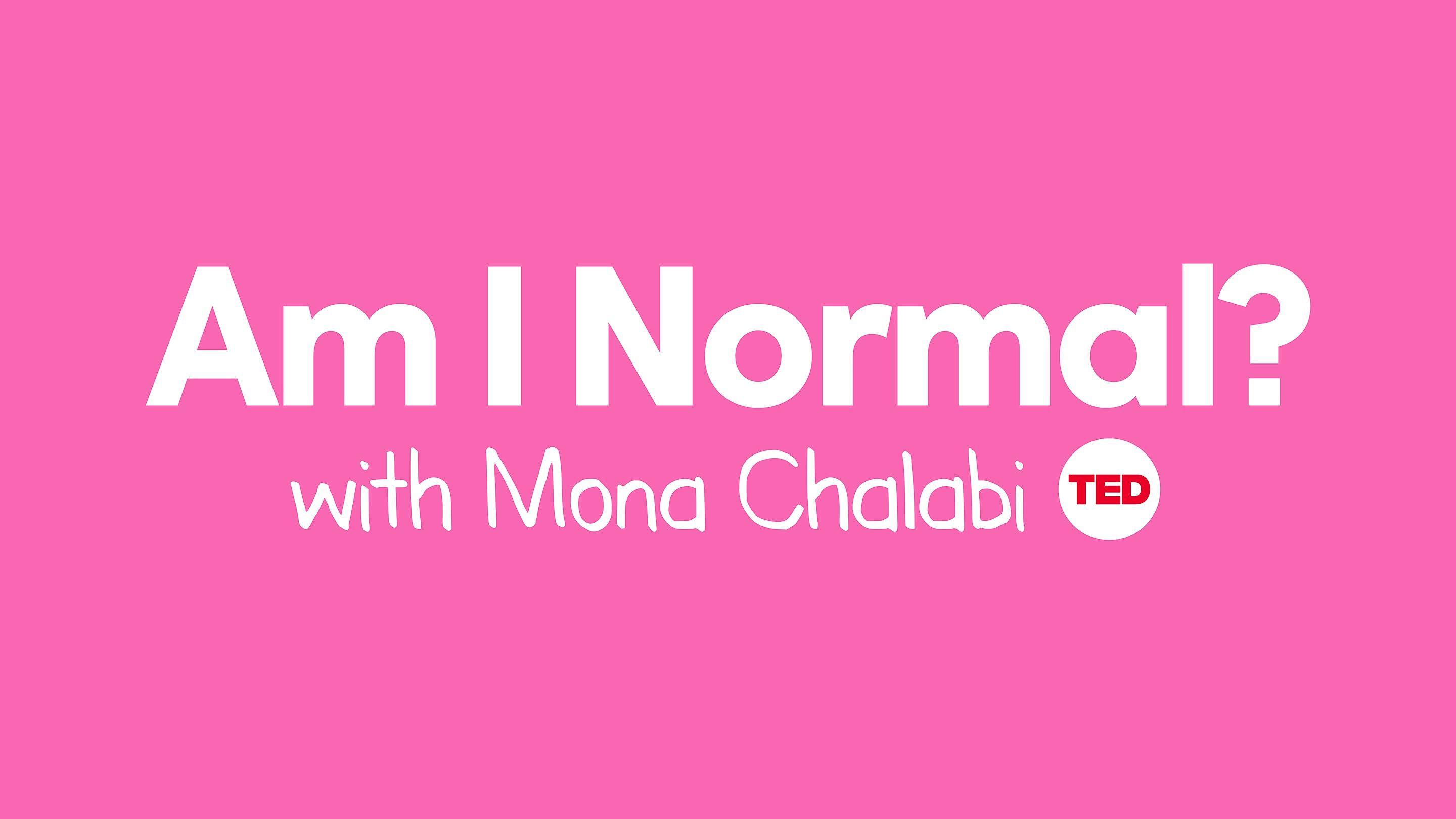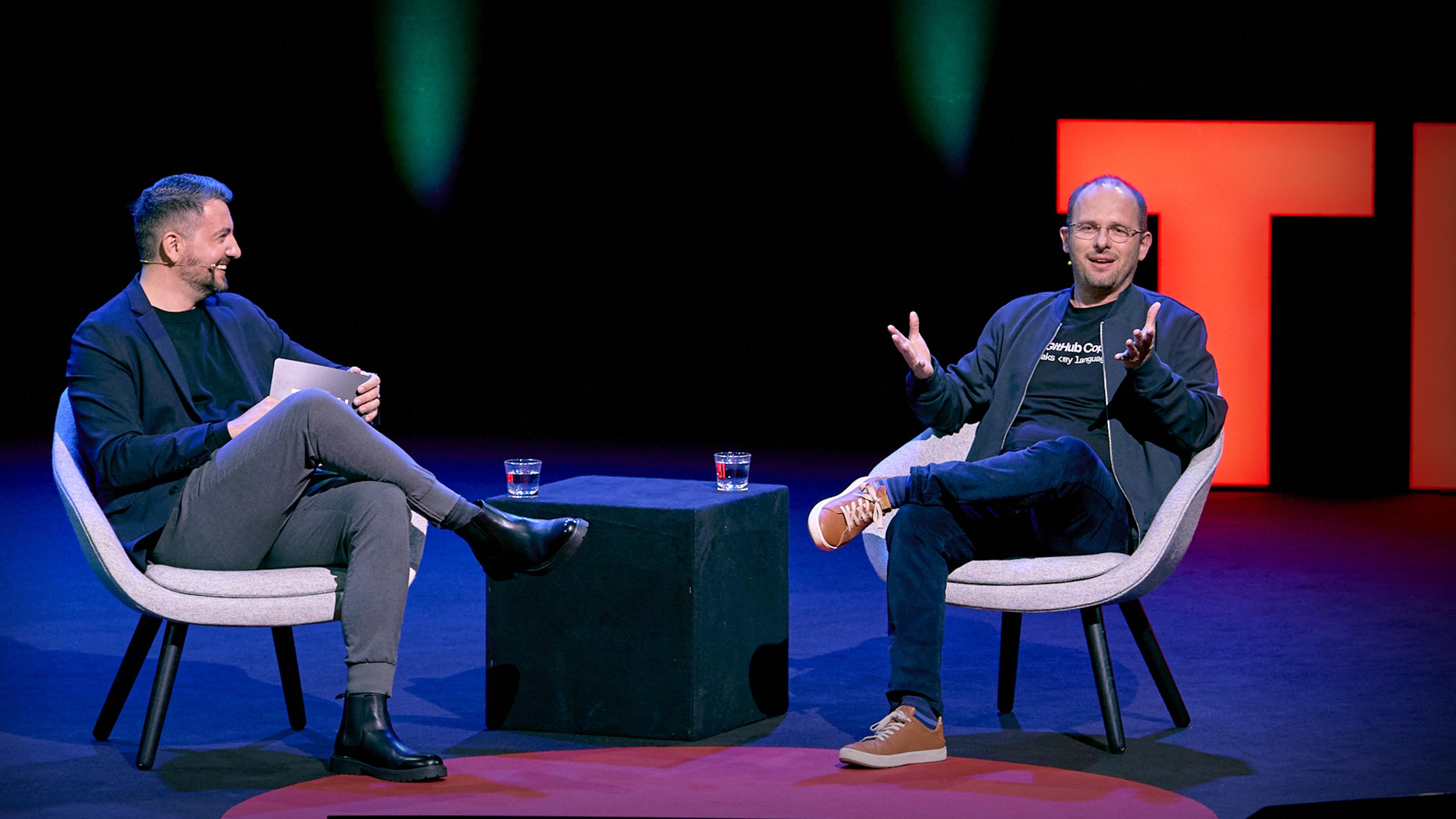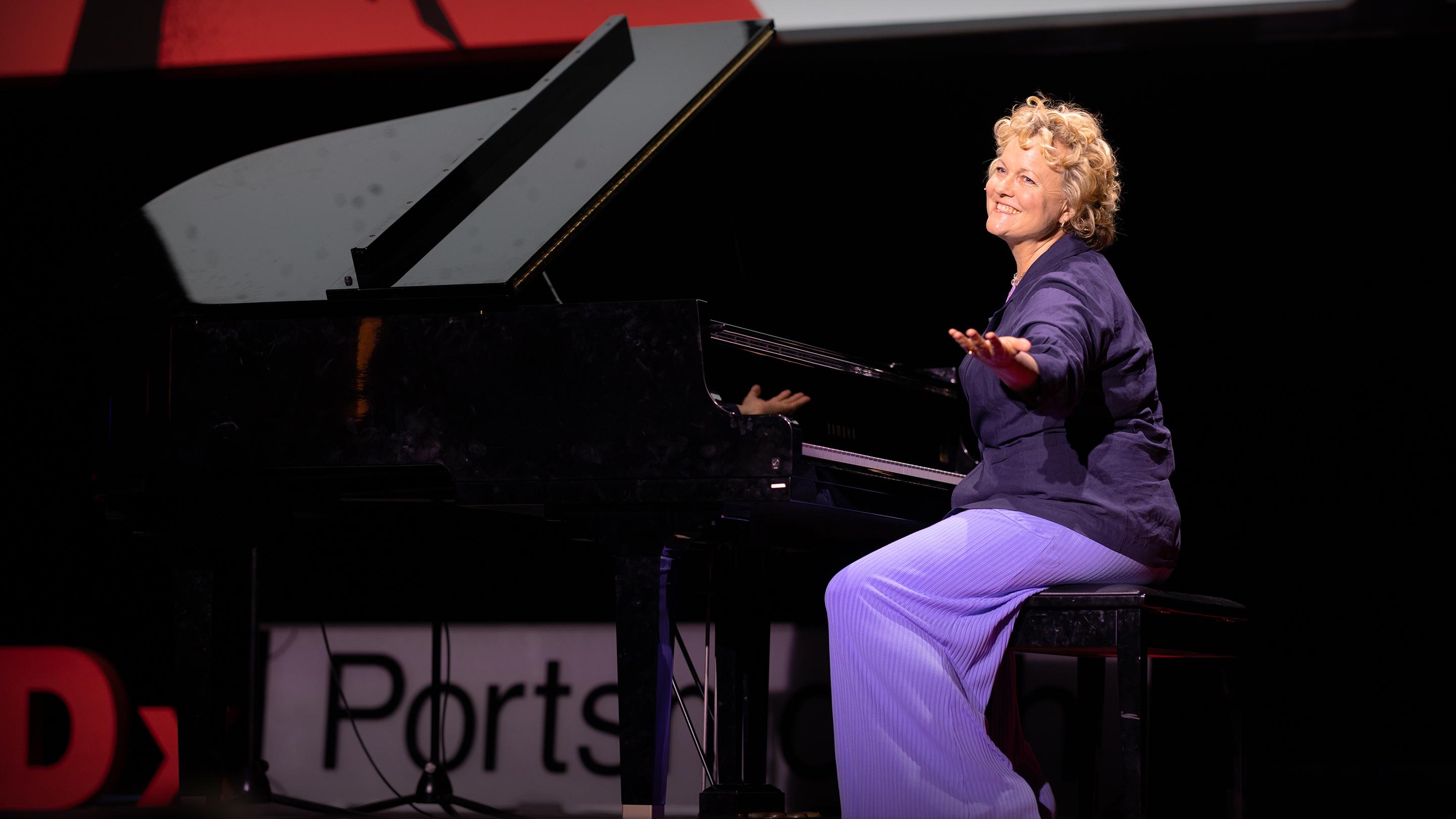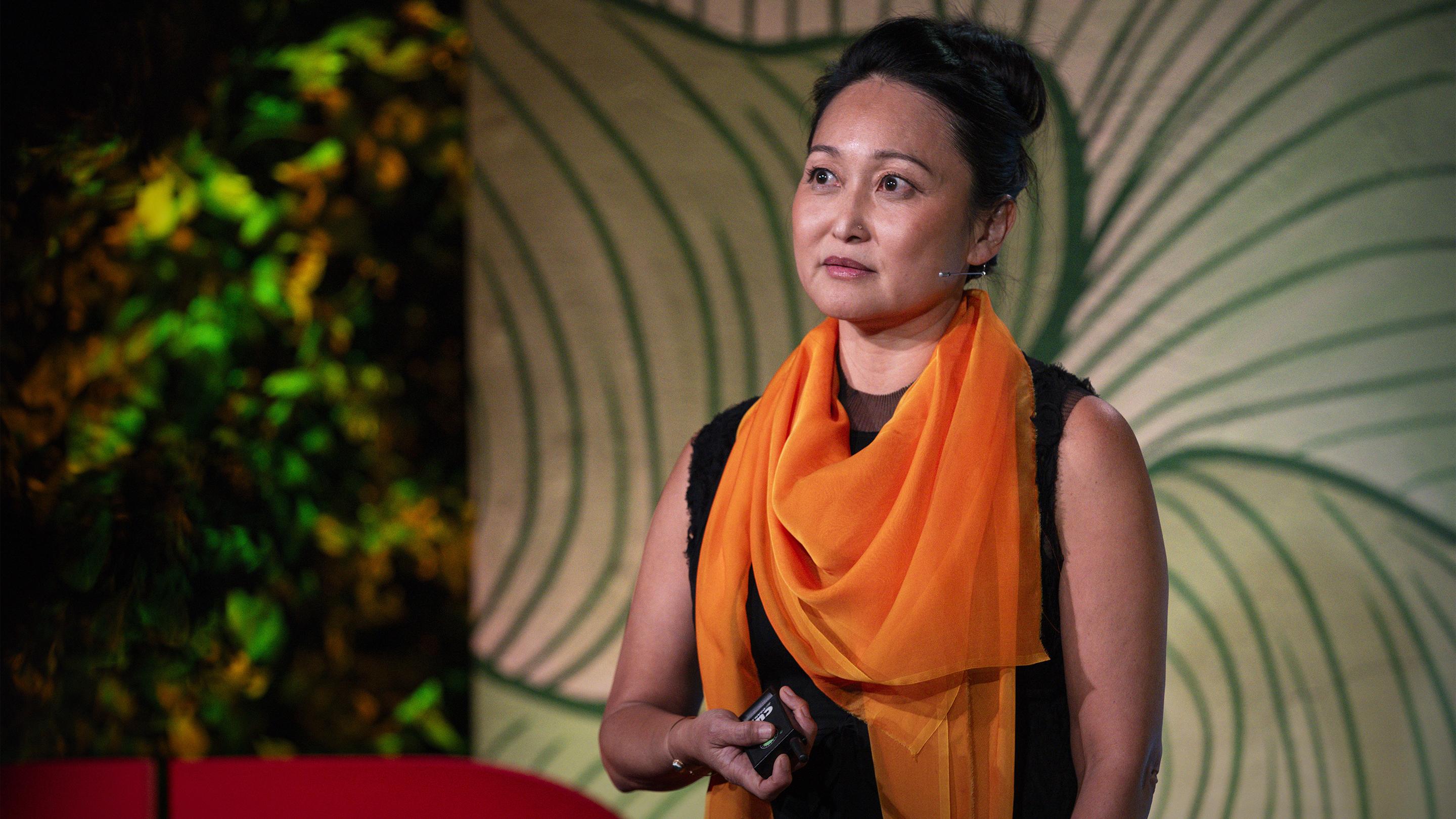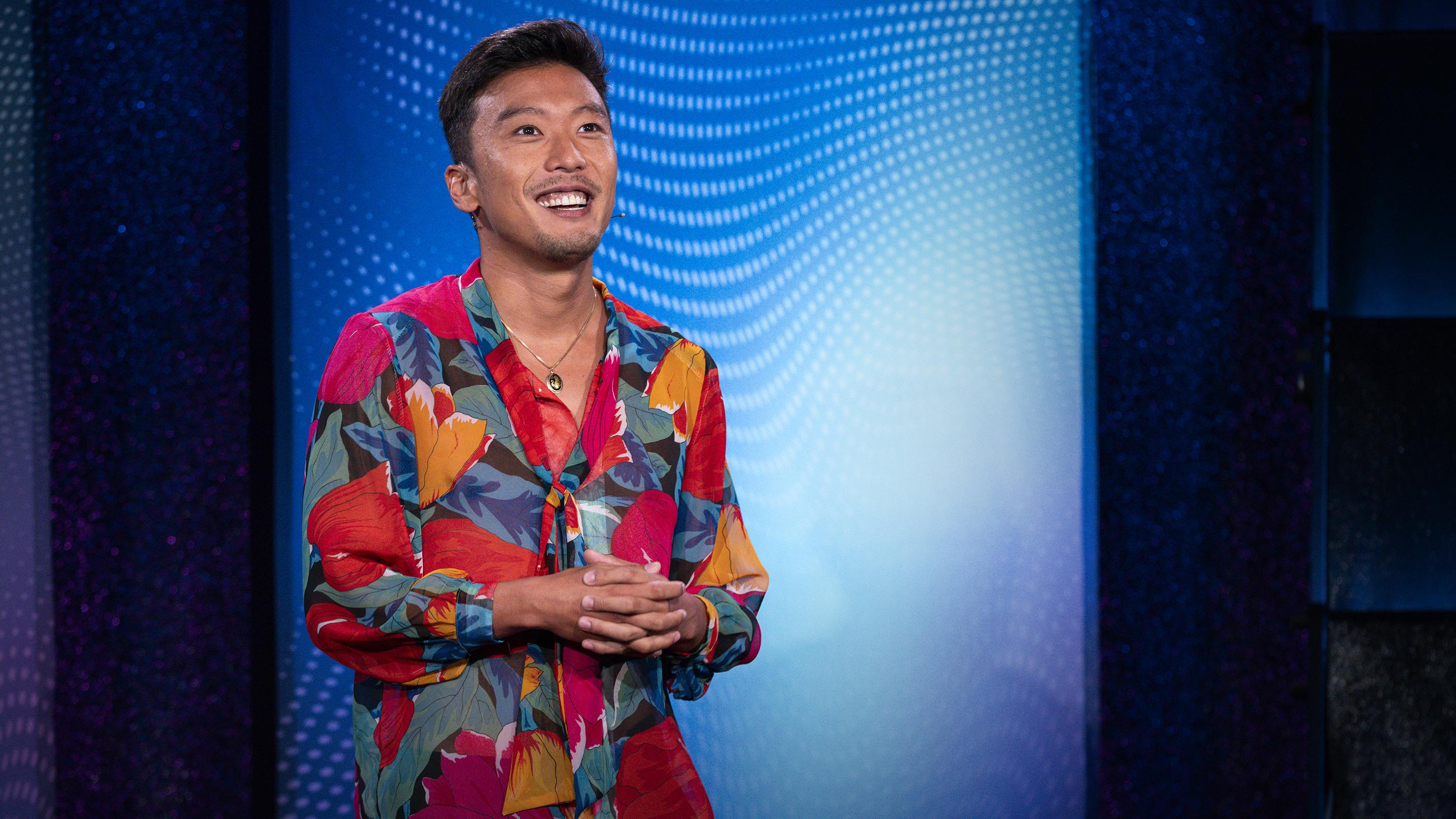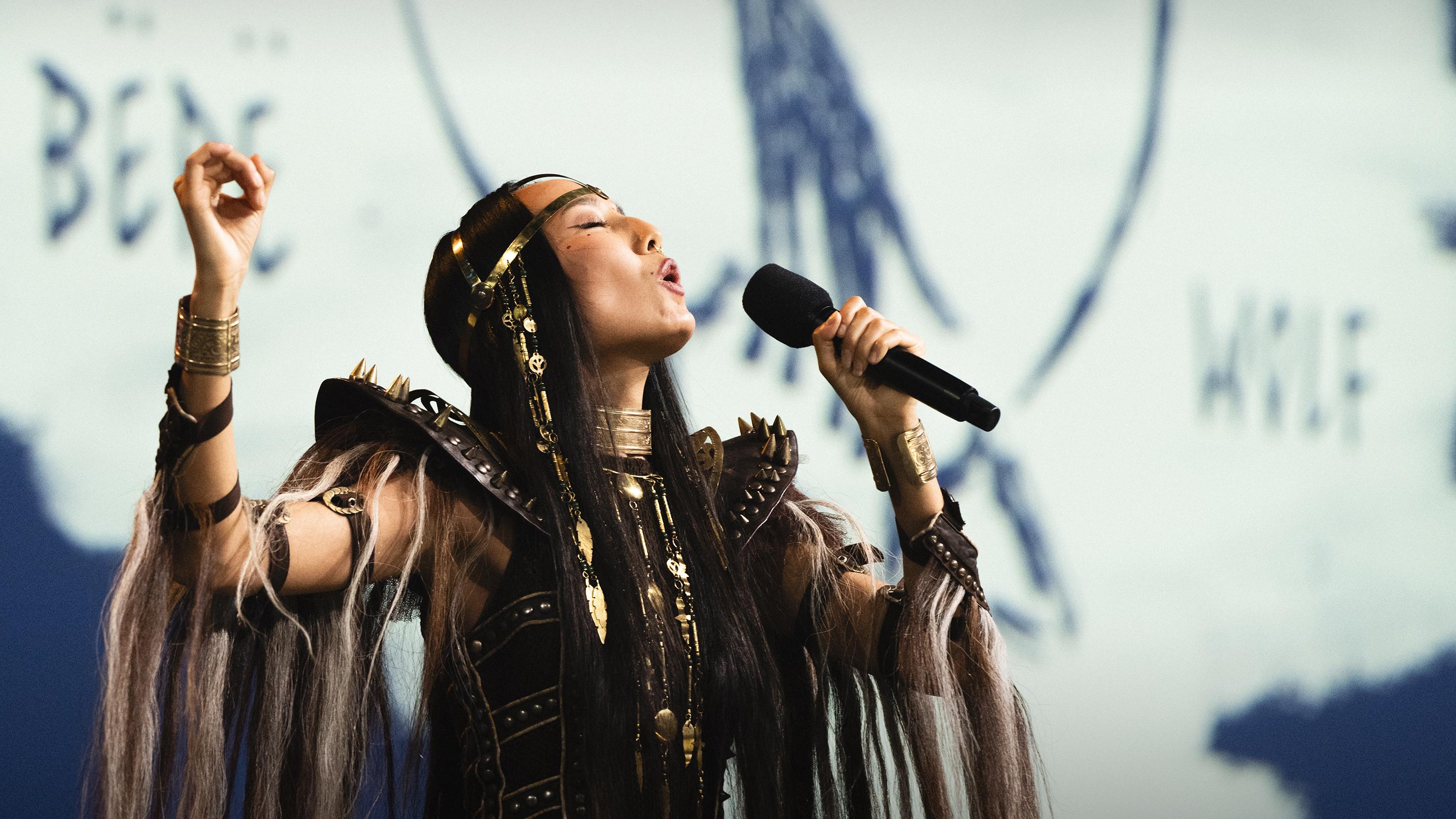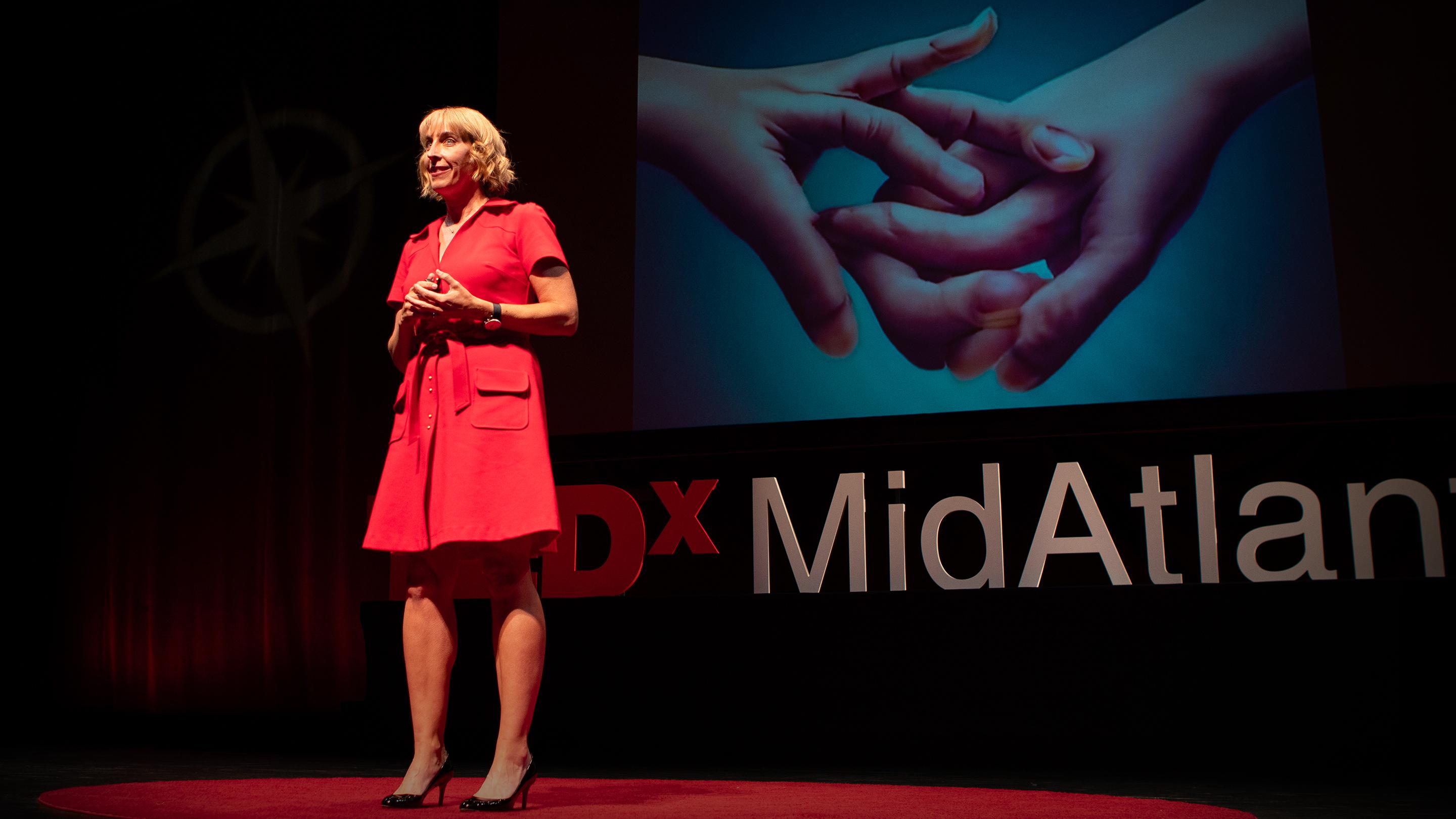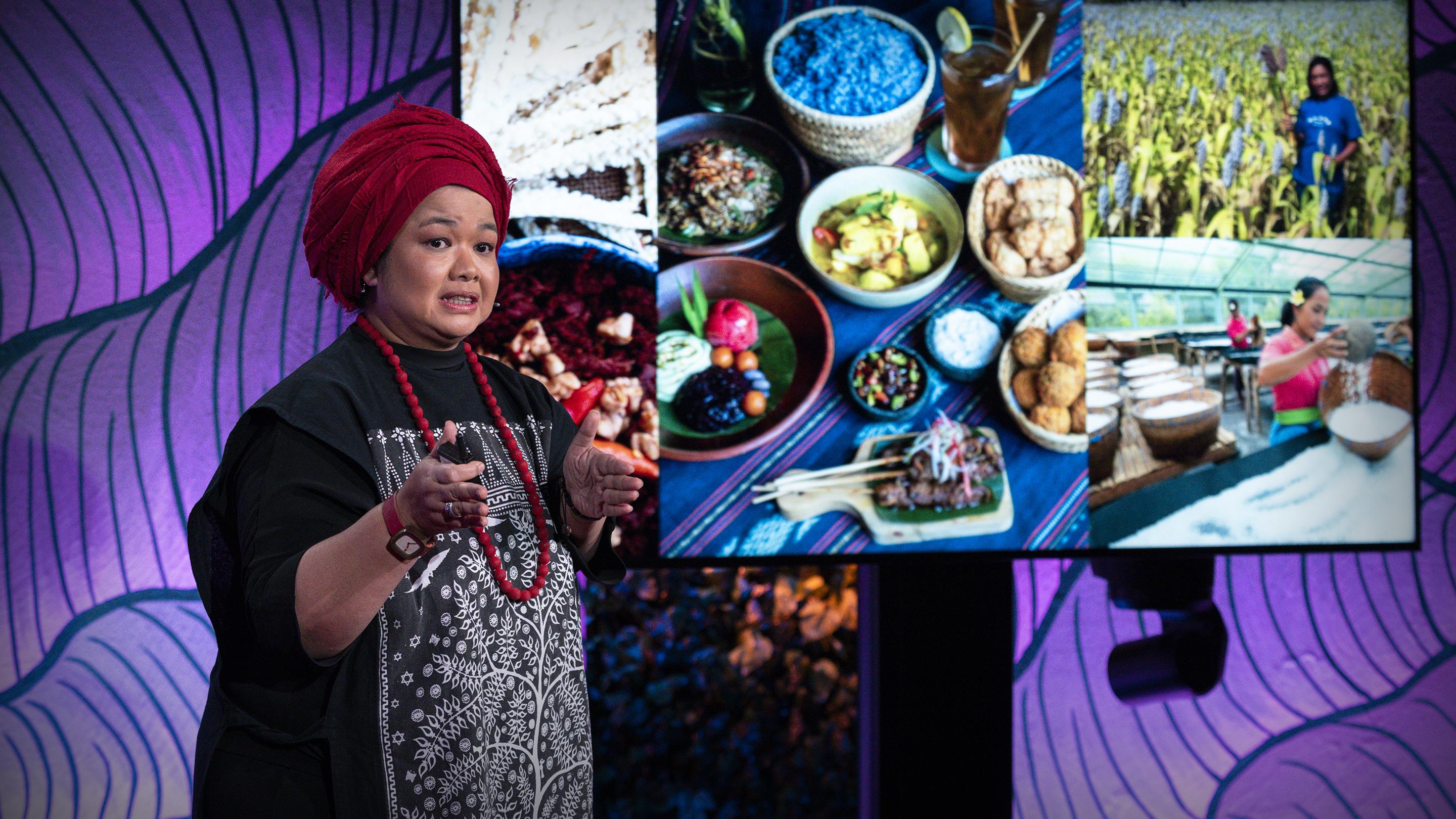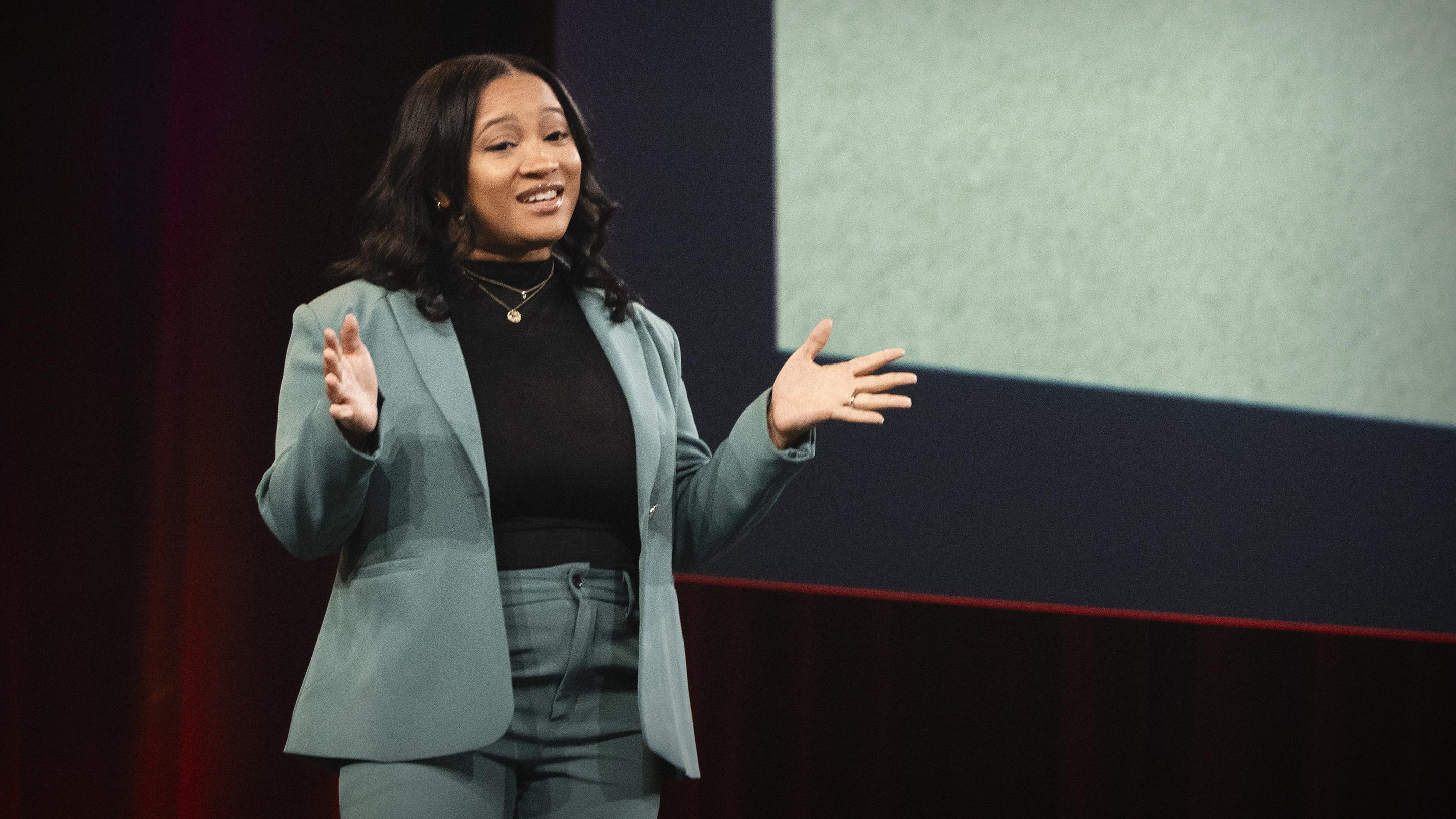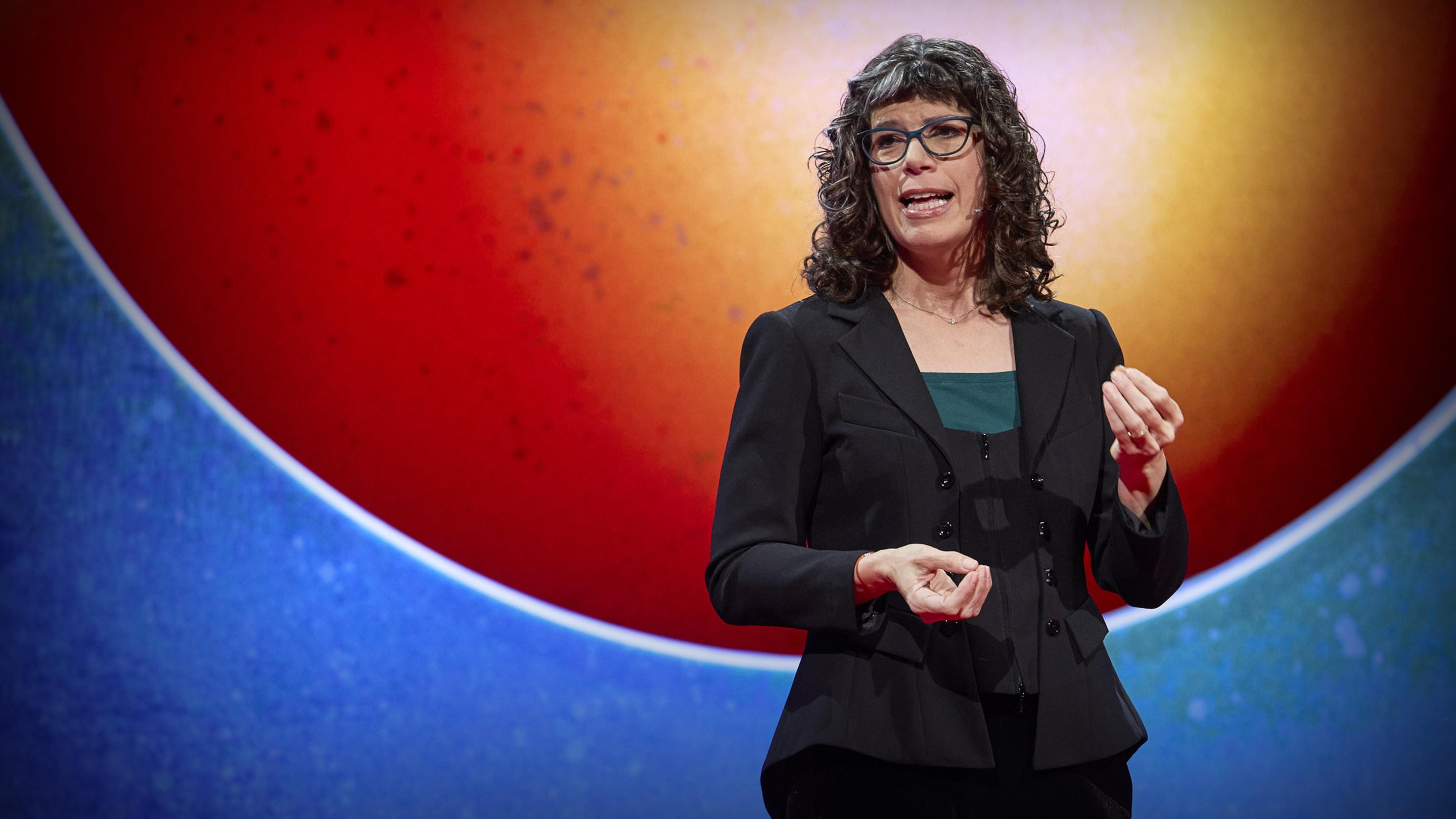Episodit
-
TED Fellow and renewable energy expert Norah Magero envisions an Africa that pioneers its own technological future, shifting the narrative from dependence and consumption to self-reliance and innovation. She shares how she developed VacciBox — a solar-powered refrigeration system made in Kenya to keep vaccines cold in off-grid areas — and highlights the power of homegrown solutions to transform health care.
-
What was your favorite toy when you were a kid? Your answer might reveal more about you than you expect, says toy historian Chris Byrne. From Matchbox cars and Barbie to Rubik's Cube and Squishmallows, he explores how playthings reflect cultural values and influence who you become as an adult.
-
Puuttuva jakso?
-
Each Sunday, TED shares an episode of another podcast we think you'll love, handpicked for you… by us. This week on TED Health, Dr. Shoshana Ungerleider is taking you on a special journey to embrace your healthiest self. Join her and experts from across the healthcare space for our “A Healthier You” series, where we dive deeper into ideas and knowledge that could change the way you think about health — from your heart to your brain to your gut.
Up first: how to advocate for yourself. The doctor’s office can be an intimidating place, and it can leave patients confused or worried. But it doesn’t have to be like that! In this episode, Shoshana shares how she’s navigated a recent medical experience and breaks down some key strategies to use at the doctor’s office to get the care you need — and deserve.
-
Why do so many of us get nervous when public speaking? Communication expert Lawrence Bernstein says the key to dealing with the pressure is as simple as having a casual chat. He introduces the "coffee shop test" as a way to help you overcome nerves, connect with your audience and deliver a message that truly resonates.
-
A nightmare scenario happened to politician Cara Hunter: just weeks before her election, she became the victim of a deepfake scam that threatened to upend her life and career. In a fearless talk, she explores AI's potential to undermine truth and democracy — and offers a path forward to harness this powerful technology as a force for good. (This talk contains mature language.)
-
How do we protect ourselves from being misled online? Counter-terrorism expert Vidhya Ramalingam reveals how disinformation is being weaponized to justify violence — increasingly against climate scientists — and introduces a powerful tool called "prebunking": a proactive approach that empowers people to recognize and reject manipulative messages before they take root.
-
Lily Yeh calls herself a barefoot artist: she travels the world with a suitcase full of art supplies, working with whoever wants to join her. In an inspiring talk, she shares the fruits of her collaborative art projects that bring color, community and beauty to public spaces often seen as “broken."
-
Success in your career looks different for everyone — but no matter your industry, you'll need to take risks. Company and community builder Molly Graham shares three key skills to learn before jumping off the metaphorical cliff, outlining a path off the corporate ladder and into true professional and personal growth.
-
Can AI compress the yearslong research time of a PhD into seconds? Research scientist Max Jaderberg explores how “AI analogs” simulate real-world lab work with staggering speed and scale, unlocking new insights on protein folding and drug discovery. Drawing on his experience working on Isomorphic Labs' and Google DeepMind's AlphaFold 3 — an AI model for predicting the structure of molecules — Jaderberg explains how this new technology frees up researchers' time and resources to better understand the real, messy world and tackle the next frontiers of science, medicine and more.
-
Each Sunday, TED shares an episode of another podcast we think you'll love, handpicked for you… by us. How many relationships should we maintain, and what are the different kinds of friendships we need anyway? In this episode of Am I Normal?, a podcast from the TED Audio Collective, data scientist Mona Chalabi asks evolutionary psychologist Robin Dunbar what he's learned from been studying social relationships for 50 years. Then, Mona maps out her own relationships against the averages -- and invites you to do the same.
You can find the full text transcript along with studies cited in this episode at go.ted.com/AIN2.
Special thanks to guest Robin Dunbar for lending his expertise.
-
GitHub CEO Thomas Dohmke discusses Europe's readiness to lead the next era of AI innovation, examining how the continent's tech ecosystems stack up against those in the US. In conversation with TEDAI Vienna co-curator Vlad Gozman, Dohmke explains the three key shifts that will help Europe thrive in the age of AI — and shows how GitHub's initiatives can empower anyone to build new ideas around the world.
-
Songs are the soundtrack of our lives. But why exactly do they make us feel the way they do? Songwriter Scarlet Keys sits down at a piano to deconstruct the tools musicians use to make a melody unforgettable — from tone and repetition to lyrics and chords — and sheds light on music's ability to transform moments into memories.
-
Exploring the rich meaning behind what we choose to eat, food ethnographer June Jo Lee unpacks how our "modern hungers" — or our deepest desires and need for connection — inform every bite. She decodes what Gen Z's palate says about the present moment and the shape of the future.
-
Curiosity is about seeking what unites us rather than clinging to what divides us, says author and curiosity expert Scott Shigeoka. Drawing on his research into fostering connection and healing division, he shares what he learned traveling across the US meeting people with views opposing his own — and shows why recognizing our shared humanity begins with getting curious.
-
You're about to hear the sounds of several different creatures — from the voice of one single musician. In a spellbinding talk and performance, singer Snow Raven mimics the hoot of an owl, the grumble of a bear, the howl of a wolf and more.
-
Each Sunday, TED shares an episode of another podcast we think you'll love, handpicked for you… by us. Yuval Noah Harari is a historian best known for his book "Sapiens", which has sold more than 25 million copies and has been translated into 65 languages. In this episode of ReThinking with Adam Grant, Adam and Yuval examine the power of stories in shaping humanity’s success, discuss the tension between justice and peace, and reconsider the true purpose of studying history.
Transcripts for ReThinking are available at go.ted.com/RWAGscripts
-
Will progress in artificial intelligence continue to accelerate, or have we already hit a plateau? Computer scientist Jennifer Golbeck interrogates some of the most high-profile claims about the promises and pitfalls of AI, cutting through the hype to clarify what's worth getting excited about — and what isn't.
-
Nutritious crops aren't getting to the people who need nutrition most, even in one of the most fertile places on Earth: Indonesia. Exploring some of the forgotten foods from the country's more than 17,000 islands, food entrepreneur Helianti Hillman explains why centering food policy on biodiversity, rather than monoculture, is the key to healthier people and a healthier planet.
-
What if the secret to a happy relationship isn’t following the rules, but rewriting them? In this refreshing talk, couples therapist Stephanie R. Yates-Anyabwile explores why letting go of traditional societal expectations of romantic relationships — like sharing the same routines or even, in some cases, living together — can help couples embrace their individuality, reduce conflict and build stronger, more fulfilling connections.
-
Dana R. Fisher calls herself an "apocalyptic optimist" based on her research as a sociologist of large social movements. Her studies suggest that ever-increasing climate disasters will get people out in the streets demanding the action we need. She breaks down how to cultivate resilience to catastrophe in yourself and your community — and how to rally for change in the face of seemingly intractable problems.
- Näytä enemmän

